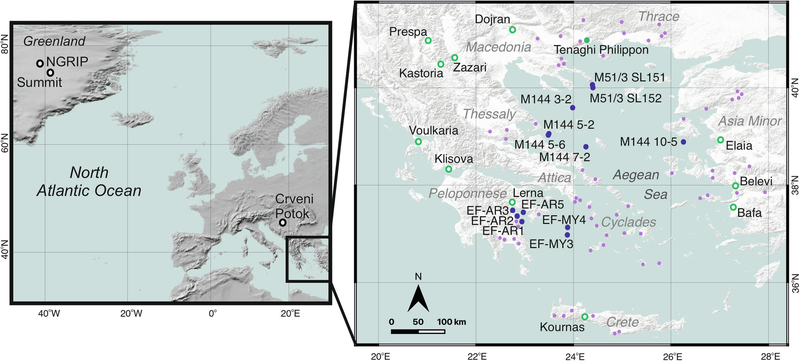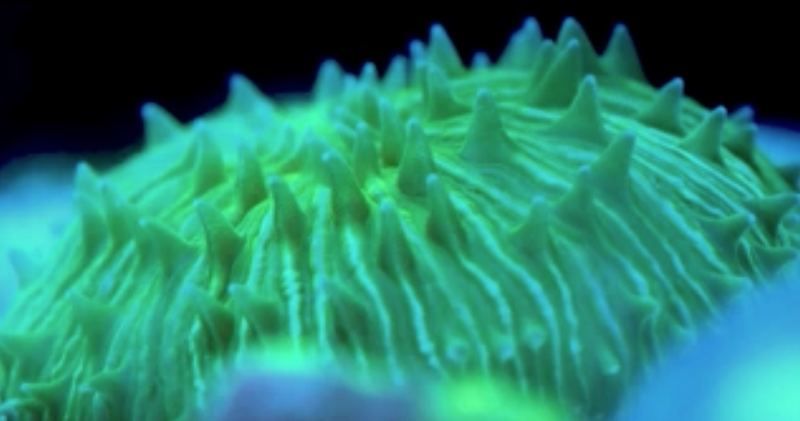Humans have polluted the sea with lead for far longer than we realised, study shows
Humans have polluted the sea with lead for far longer than we realised, study shows
Share:
Scientists say signs of heavy metal pollution date all the way back to Ancient Greece. Archaeologists have traced the earliest case of lead pollution by humans to the Aegean Sea region around 5,200 years ago. The findings, published in the journal Communications Earth & Environment, suggest humans began polluting the environment with lead more than 1,200 years earlier than previously thought.
![[Grass covered mounds mark the site of the Roman-era lead mine at Charterhouse on Mendip in the UK]](https://static.independent.co.uk/2025/01/30/10/55/Grass-covered-mounds-mark-the-site-of-the-Roman-era-lead-mine-at-Charterhouse-on-Mendip-in-the-UK.jpeg)
A further spike in levels of human-caused lead pollution was observed about 2,150 years ago. This period saw the expansion of the Roman Empire across the Aegean region, which hosted some of the earliest cultural centres in ancient Europe. In the study, scientists analysed the lead content of marine sediment cores taken from across the Aegean Sea and a sediment core taken from the Tenaghi Philippon peatland, located in northeastern Greece.
Scientists then analysed the pollen and spore content of several of the cores, combining this with similar existing data for the region and lead content data. This enabled them to investigate how the region’s ecosystems were affected by the social and cultural changes at the time.
The study documents the earliest recorded signal of probable human-caused lead pollution, occurring around 5,200 years ago in the Tenaghi Philippon core. Researchers say this is about 1,200 years earlier than the previous earliest suspected lead pollution, recorded in samples from peatlands in the Balkan Peninsula.






















